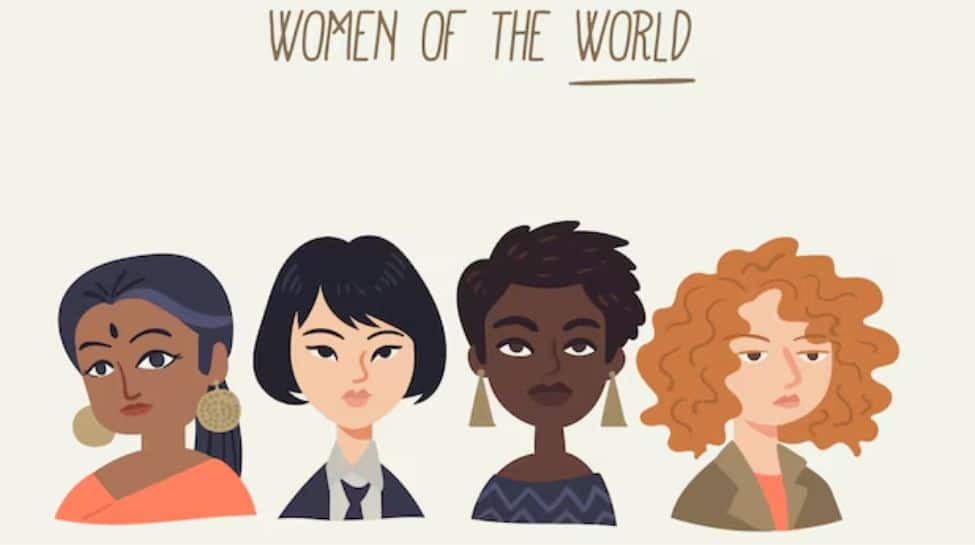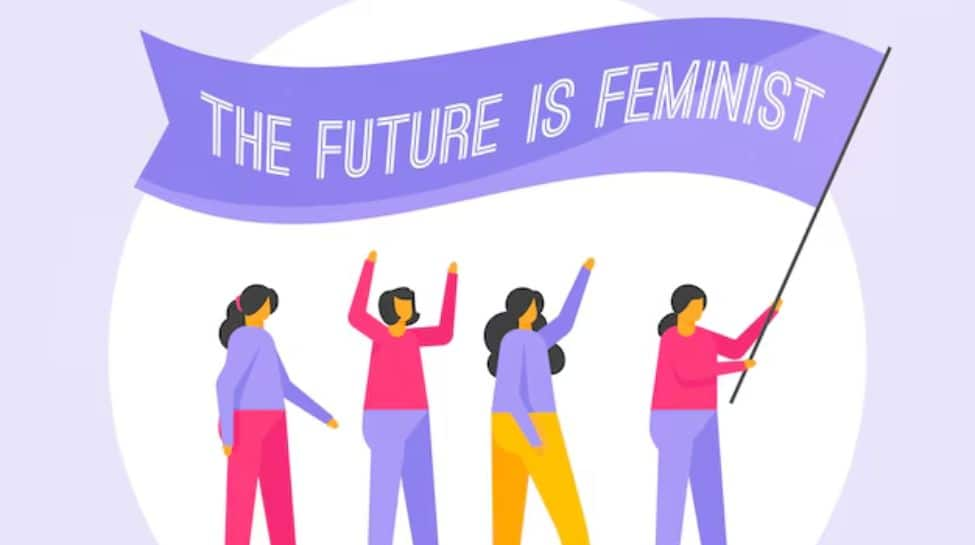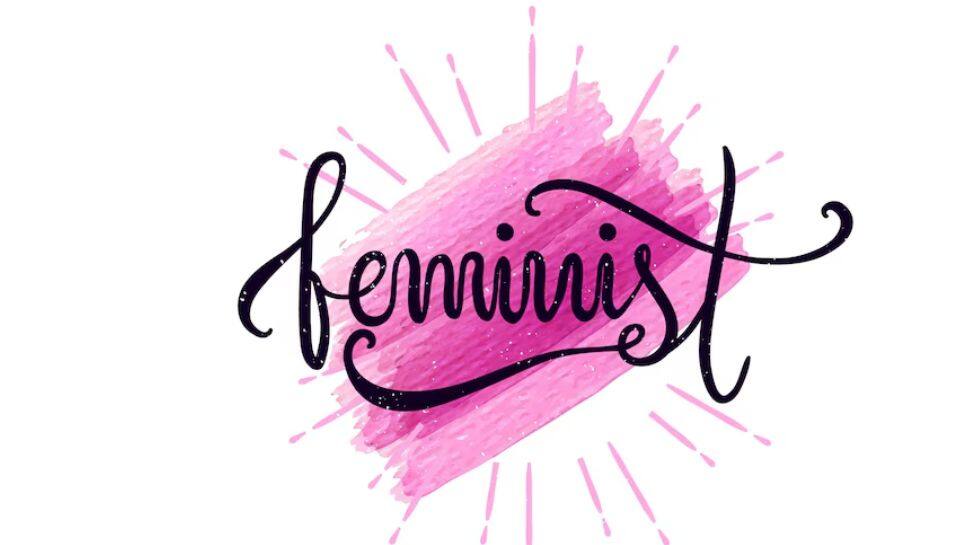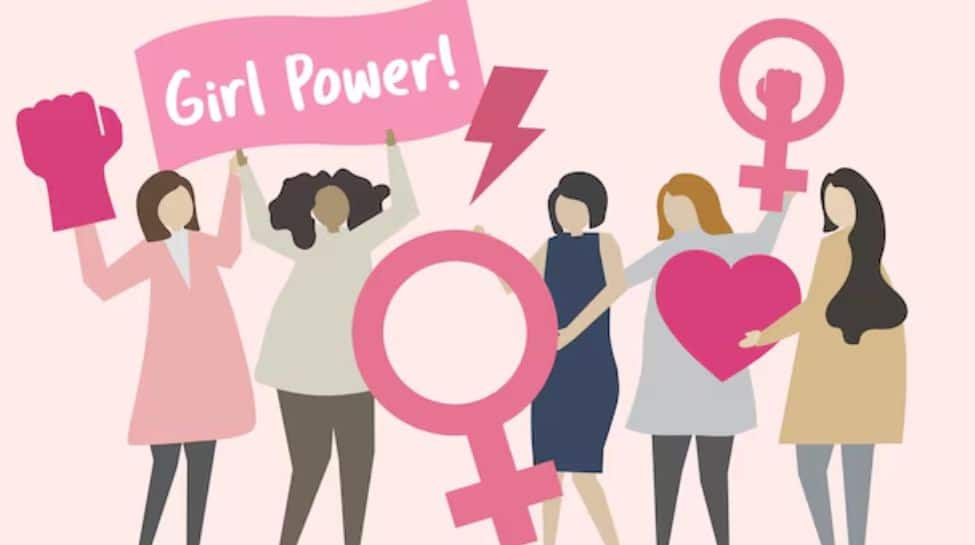Feminism: 7 Most Misguided Statements On Gender Rights
"Pseudo feminism" refers to a distorted version of feminism that focuses on gaining power or privileges for one gender, often at the expense of others, rather than advocating for true equality. Unlike genuine feminism, which seeks to address systemic gender inequalities, pseudo-feminism can sometimes reinforce stereotypes, overlook the struggles of marginalized groups, or perpetuate reverse discrimination. It often misrepresents the core values of feminism, leading to misunderstandings and backlash against the broader movement for gender equality.
“Feminism Is About Hating Men”
)
This statement misrepresents feminism as being anti-men rather than advocating for gender equality and justice.
“I Believe in Equal Rights, Not Feminism”

This statement often reflects a misunderstanding or rejection of feminism as a necessary framework for achieving equal rights.
“I Think Feminism Is Only for Women”

This statement excludes men and other gender identities from the feminist movement, ignoring its broader, inclusive goals.
“I Only Support Feminism When It’s Convenient”

Supporting feminism only when it’s trendy or convenient shows a lack of genuine commitment to its principles.
“We’ve Done Enough for Gender Equality”

This implies a belief that gender equality has been achieved, dismissing ongoing struggles and needs for further progress.
“I’m All for Equality, But…”

When someone adds ‘but’ after claiming to support equality, it usually reveals selective support or reluctance to address deeper issues.
“I Support Women’s Rights, But…”

This statement often signals that the speaker’s support for women’s rights is conditional or limited.
Trending Photos








